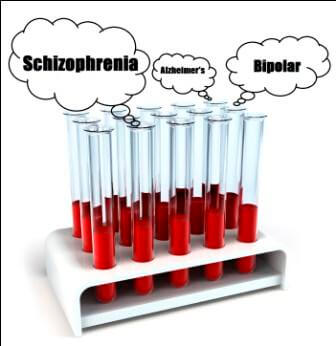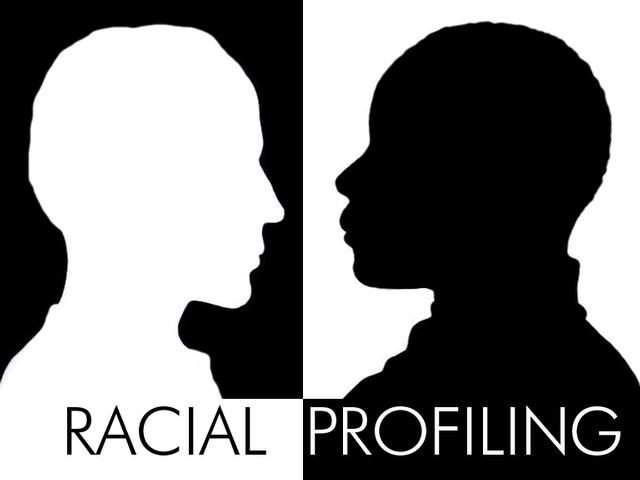Last night at around 11pm, I heard from my apartment a loud boom and then a car horn. I said to my wife, that was a car accident, about 5 minutes later, sirens and flashing lights were seen. My interest immediately heighten to, A-see if I was right about there being an accident, and B-what did it look like. As I went out in my sweatpants, I was not the only one that was interested in the carnage. Which got me thinking, Why do we as people like seeing car accidents, plane crashes, crippling sports injuries, or even as harmless as America's Funniest Videos when a guy is hit in the groin by his 2-year old. What is it about that, that we enjoy? There must be some psychological reason that we enjoy rubbernecking....to the blog cave bloggers!

This is not about the PTSD or effects of the people involved, but the bystanders who cannot pull their eyes away from a person being pulled from the wreckage. I cannot believe we are a society that thrives on other people's pain. But are we? We all enjoy the big hit in football(legal that is). Matt Hardigree wrote an article for Jalopnik.com on Why are we so captivated by car crashes, "According to Roland Maiuro, a professor of psychiatry at the University of Washington, we tend to look at car accidents because "The accident provides a close encounter without yourself being directly involved being put at risk." It is more about the risk involved rather than the actual event that took place. Furthermore, I have read and spoken to other mental health professionals is the aspect of the illusion of control. For instance, to say that "that person got into a car accident because they were speeding, I don't speed therefore that wont happen to me", which is clearly flawed thinking.

When it comes to sports, and the NFL in particular, that is part of the reason we all watch, for the high impact hits/violence. Only recently, has the NFL started to now reconfigure "legal" and "illegal" hits. In my research, it has come to the attention that we are a society that enjoys risky and violent behavior. It is well documented that football players very often are using the psychological scapegoat of Displacement. Displacement is taking unacceptable thoughts or actions and utilizing them in a social acceptable forum. Meaning, football players are aggressive people by nature, what they do is harness that aggression and use it to play an aggressive based sport.

Finally, in regards to America's Funniest Videos, we have all watched and laughed. Are those videos risky or violent in nature? One step further, who are the forefathers of physical comedy? 3 guys known as Mo, Larry, and Curly. Classic physical comedians, do we say what they do is risky and violent? University of Colorado psychologists A. Peter McGraw and Caleb Warren uses the Three Stooges as an example of benign immorality: "We laugh when Moe hits Larry because we know that Larry's not really being hurt. It's a violation of social norms. You don't hit people, especially a friend. But it's okay because it's not real...comedy comes from violating society's rules, but only if the observer feels those rules have been violated in a safe way."*
Is that consistent with car accidents and sports? Yes! When it comes to car accidents I think a lot has to do with making sure the people involved are OK, once you can see that, it boils down to looking at what happened abstractly, risky/violent goggles are taken off. In sports, our risky/violent goggles are taken off because its entertainment, when someone gets a good hit, we immediately cringe, but when he gets up we clap. Like sports, physical comedy we know inherently that harm is not done maliciously our risky/violent goggles are taken off.
Any way you slice it, they each have some level of risk/violent whether fake or real, still remains!
Happy Opening Day! Let's Go Mets!!!
YES















